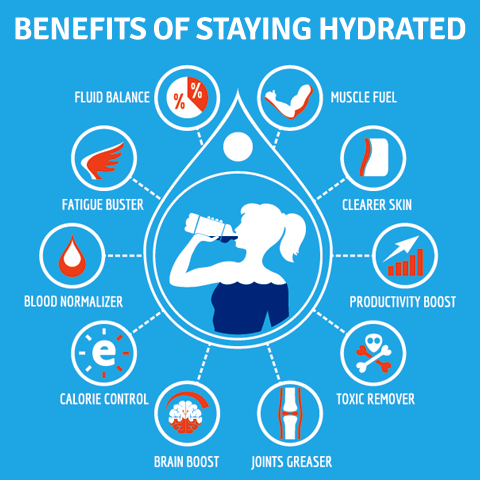The Power of Meditation: Mental and Physical Benefits
Meditation has been practiced for centuries and is known for its profound effects on the mind and body. It is a technique that involves focusing one’s attention and eliminating the stream of thoughts that usually occupy the mind. Through regular practice, meditation can bring about numerous mental and physical benefits.
Mental Benefits of Meditation
1. Reduced Stress and Anxiety:
One of the primary reasons people turn to meditation is to alleviate stress and anxiety. By focusing on the present moment and letting go of worries, meditation reduces the production of stress hormones and promotes a state of calmness and relaxation.
2. Improved Emotional Well-being:
Regular meditation has been shown to improve emotional well-being by enhancing positive emotions and reducing negative ones. It helps individuals gain better control over their emotions, build resilience, and create a more positive outlook on life.
3. Increased Self-Awareness:
Meditation encourages self-reflection and introspection, allowing individuals to become more aware of their thoughts, feelings, and behavioral patterns. This heightened self-awareness can lead to better decision-making, improved relationships, and personal growth.
Physical Benefits of Meditation
1. Stress Reduction and Lower Blood Pressure:
Meditation activates the body’s relaxation response, which helps reduce stress levels and lower blood pressure. It also strengthens the immune system and improves overall cardiovascular health.
2. Pain Management:
Various studies have shown that meditation can be an effective tool in managing chronic pain. It helps individuals develop a better relationship with their pain, enabling them to reduce their perception of discomfort and improve their pain tolerance.
3. Improved Sleep:
Insomnia and sleep disorders are common issues many people face. Practicing meditation before bed can calm the mind and relax the body, making it easier to fall asleep and improve the overall quality of sleep.
How to Get Started
Meditation is accessible to anyone, regardless of age or fitness level. Here are some tips to get started:
1. Find a quiet and comfortable space:
Choose a location where you can relax without distractions. It could be a dedicated meditation room or a quiet corner in your home.
2. Set a time limit:
Start with short sessions, such as five to ten minutes, and gradually increase the duration over time. Consistency is key, so aim for regularly practicing meditation.
3. Focus on your breath:
Close your eyes and bring your attention to your breath. Observe each inhale and exhale, gradually letting go of any thoughts or distractions that arise.
4. Experiment with different techniques:
There are various types of meditation, such as mindfulness meditation, loving-kindness meditation, and transcendental meditation. Try different techniques to find what resonates with you the most.
5. Seek guidance if needed:
If you’re new to meditation, consider attending classes or using guided meditation apps to help you establish a consistent practice and learn different techniques.
Conclusion
Meditation is a powerful tool that can bring about numerous mental and physical benefits. By incorporating meditation into your daily routine, you can reduce stress, improve emotional well-being, manage pain, and enhance overall health and wellness. With consistent practice, meditation has the potential to transform your life and empower you to live mindfully.


